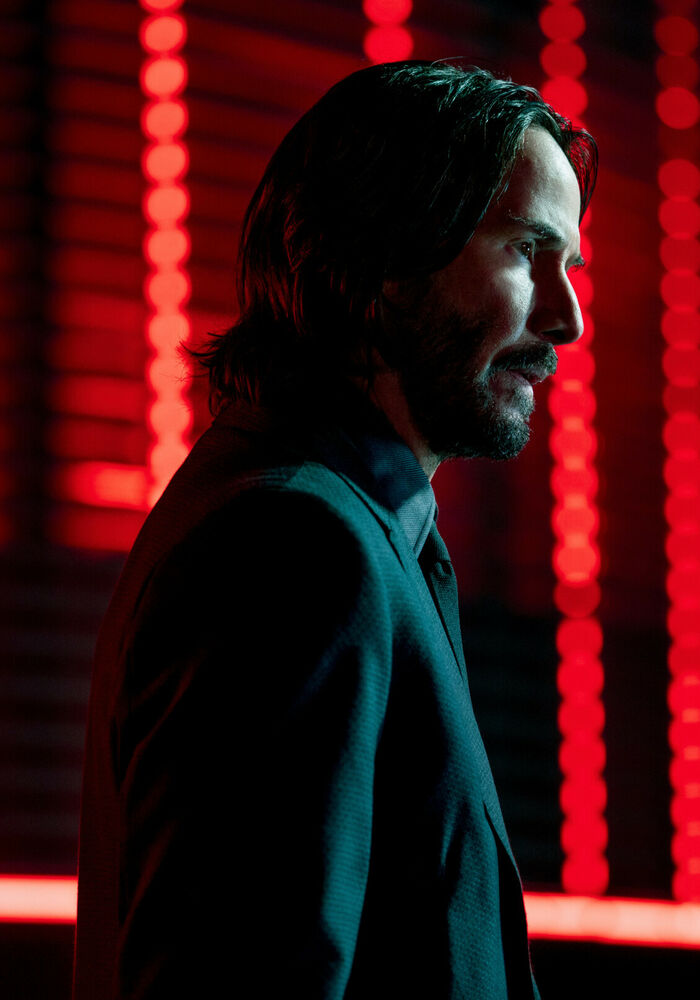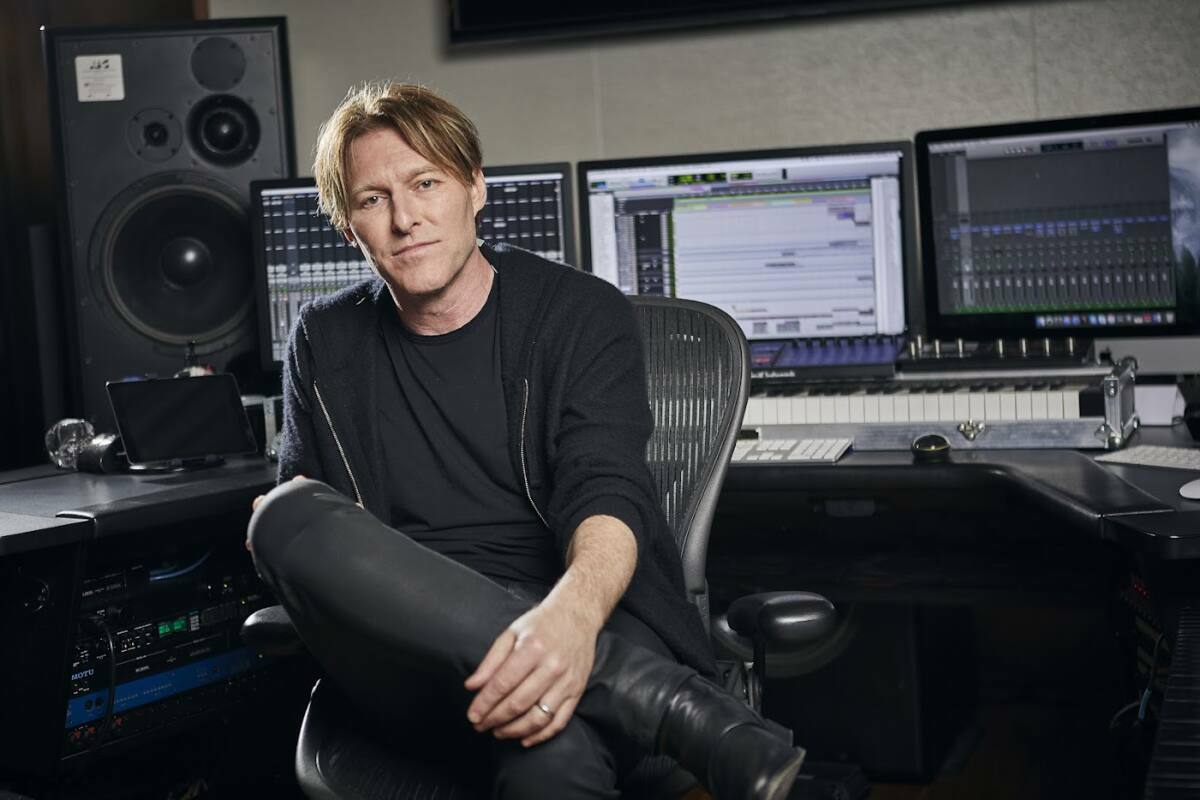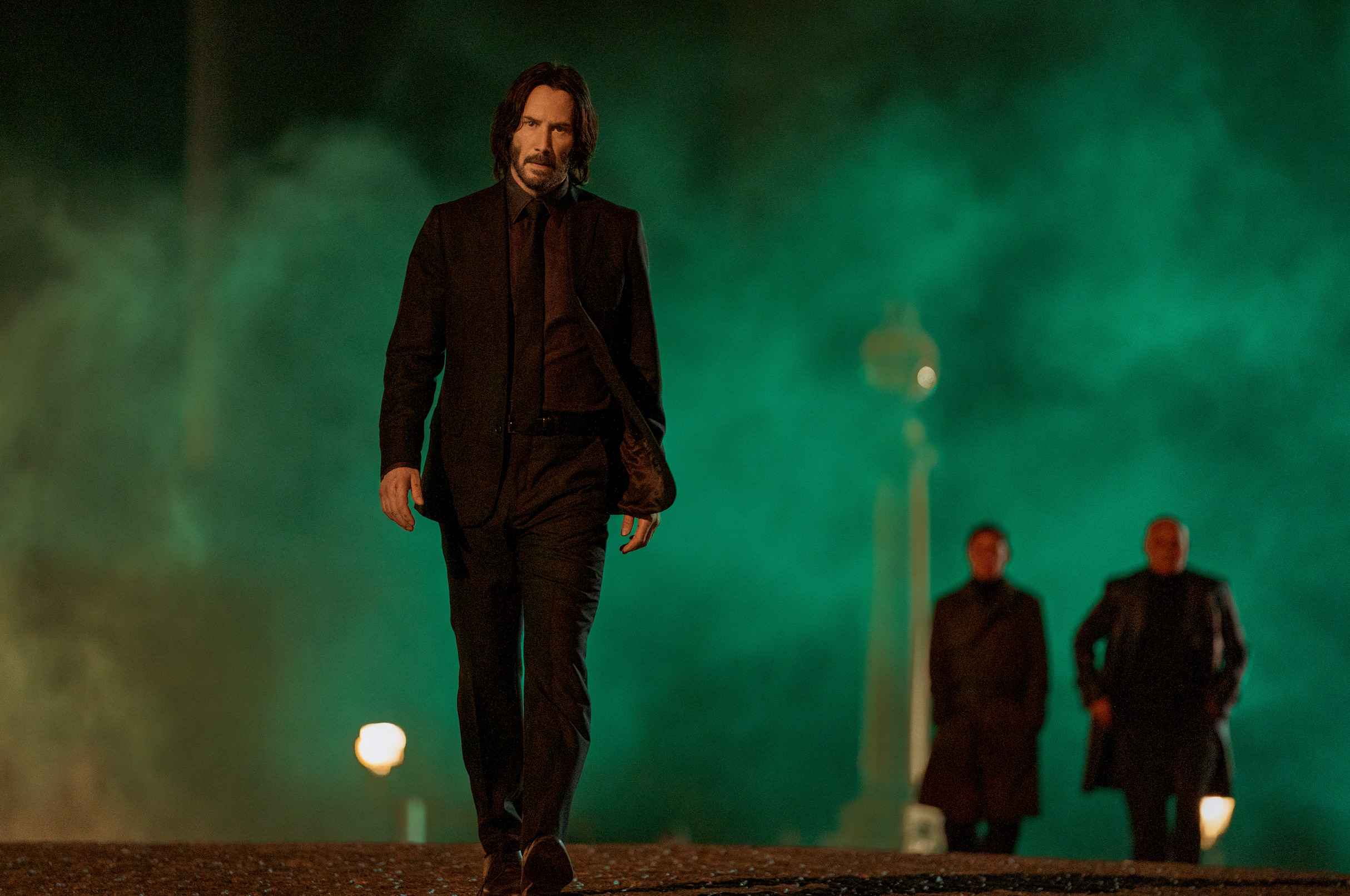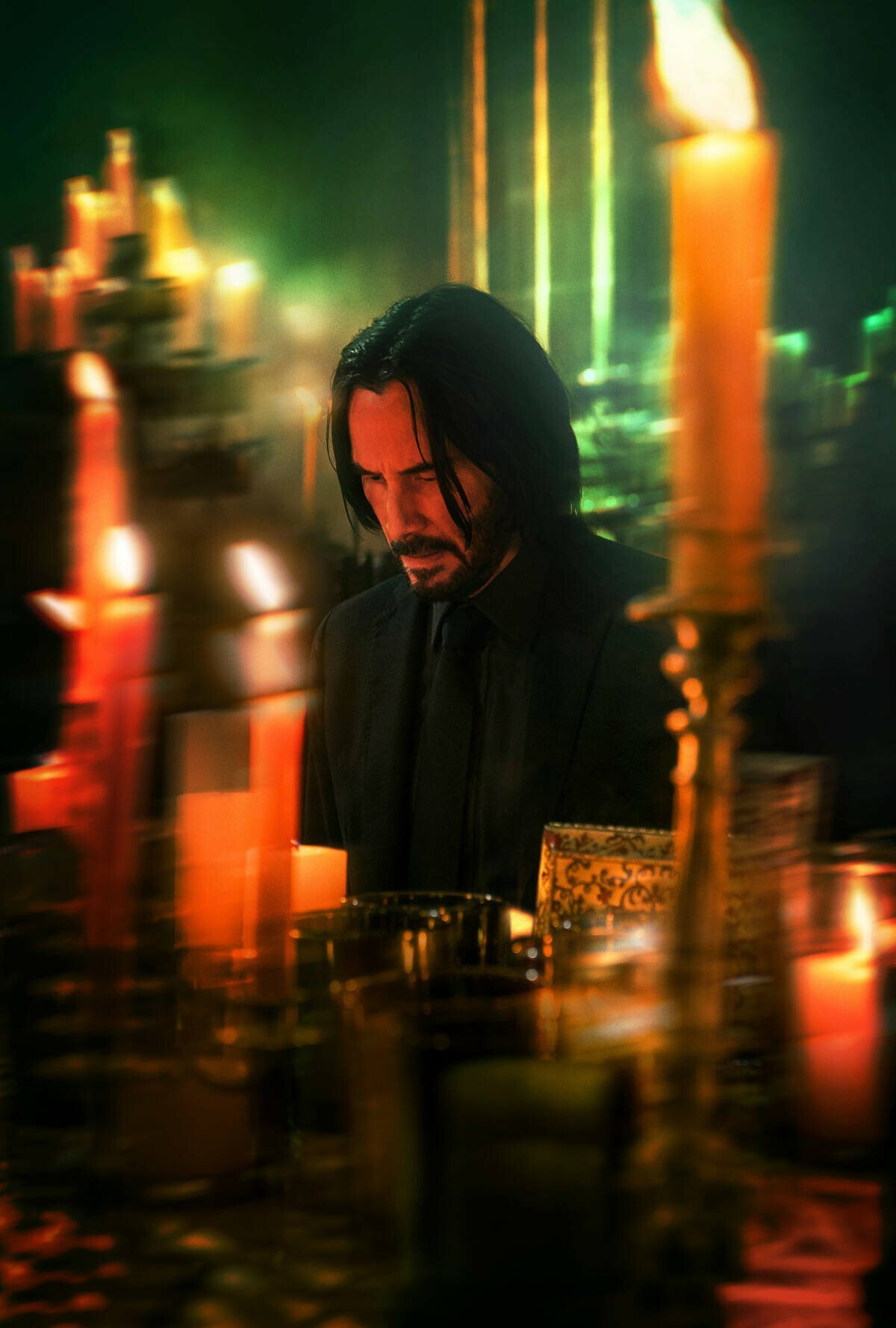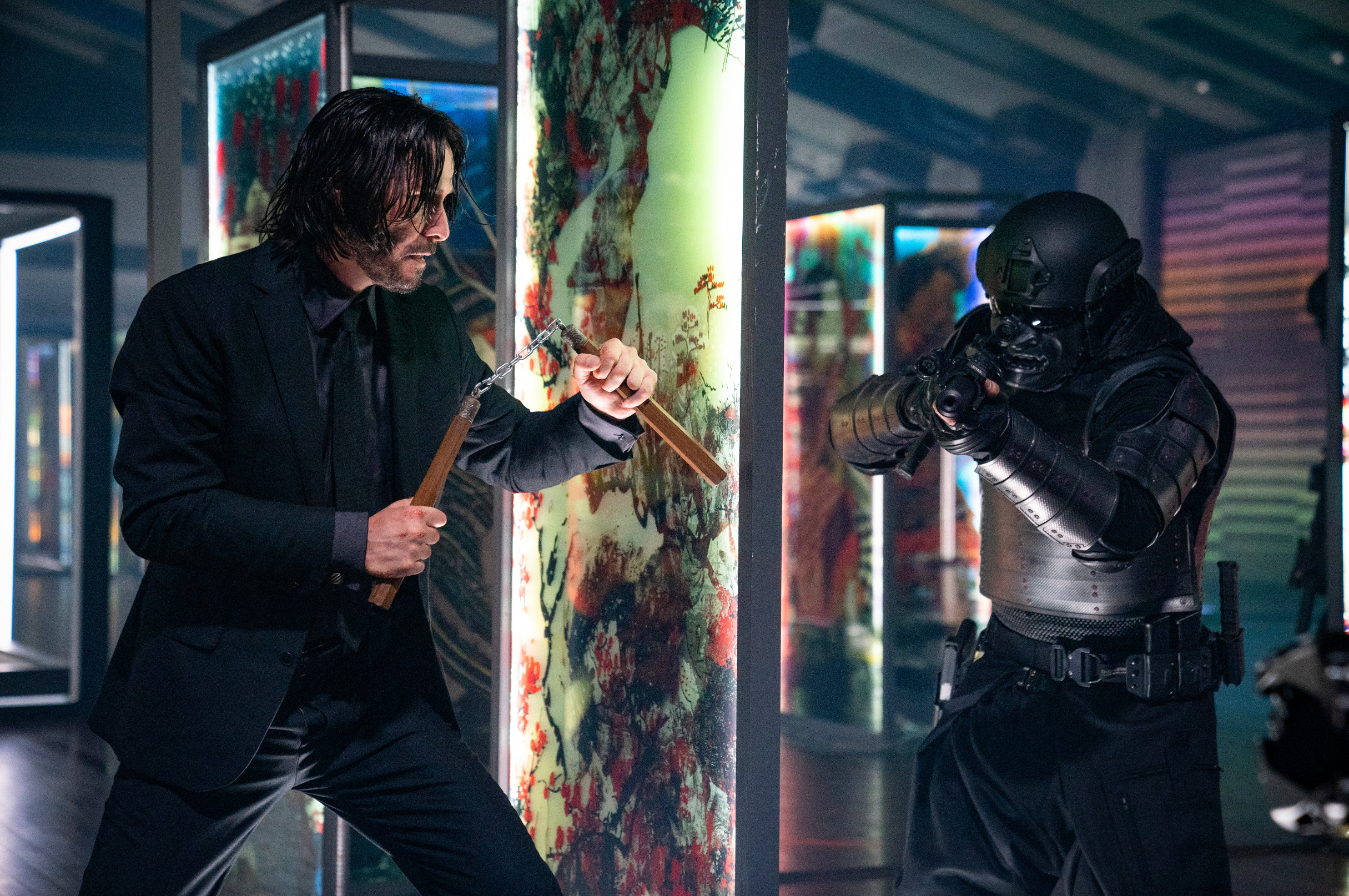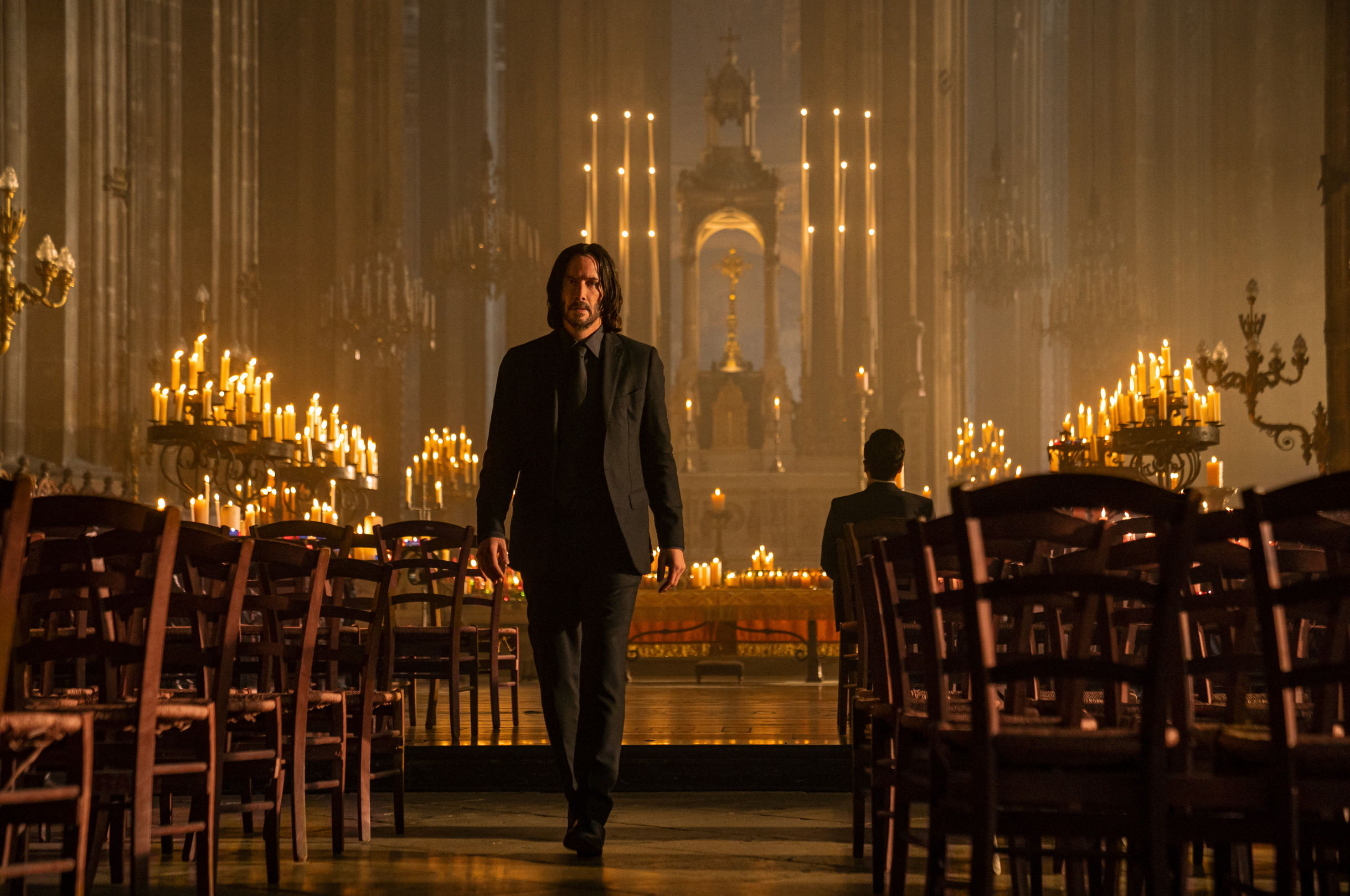In a career spanning over two decades, Tyler Bates has become a force to be reckoned with in the world of film and television scoring.
As a composer, producer and musician, he’s collaborated with some of the biggest names in the entertainment business, including Zack Snyder, James Gunn, Jerry Cantrell and Rob Zombie. With his innovative spirit and fearless approach to music production, Bates has proven himself to be one of the most talented and visionary artists in the business.
He began playing in bands as a teenager and quickly developed a love for bands like Black Sabbath and Judas Priest, which unmistakably shaped his approach to music composition and production – he’s known today for his infectious riffs.
Most recently Bates has been crafting frenetic and exciting scores for the monstrously successful John Wick franchise. Headliner caught up with Bates to discuss his work on the franchise and his approach to composing.
